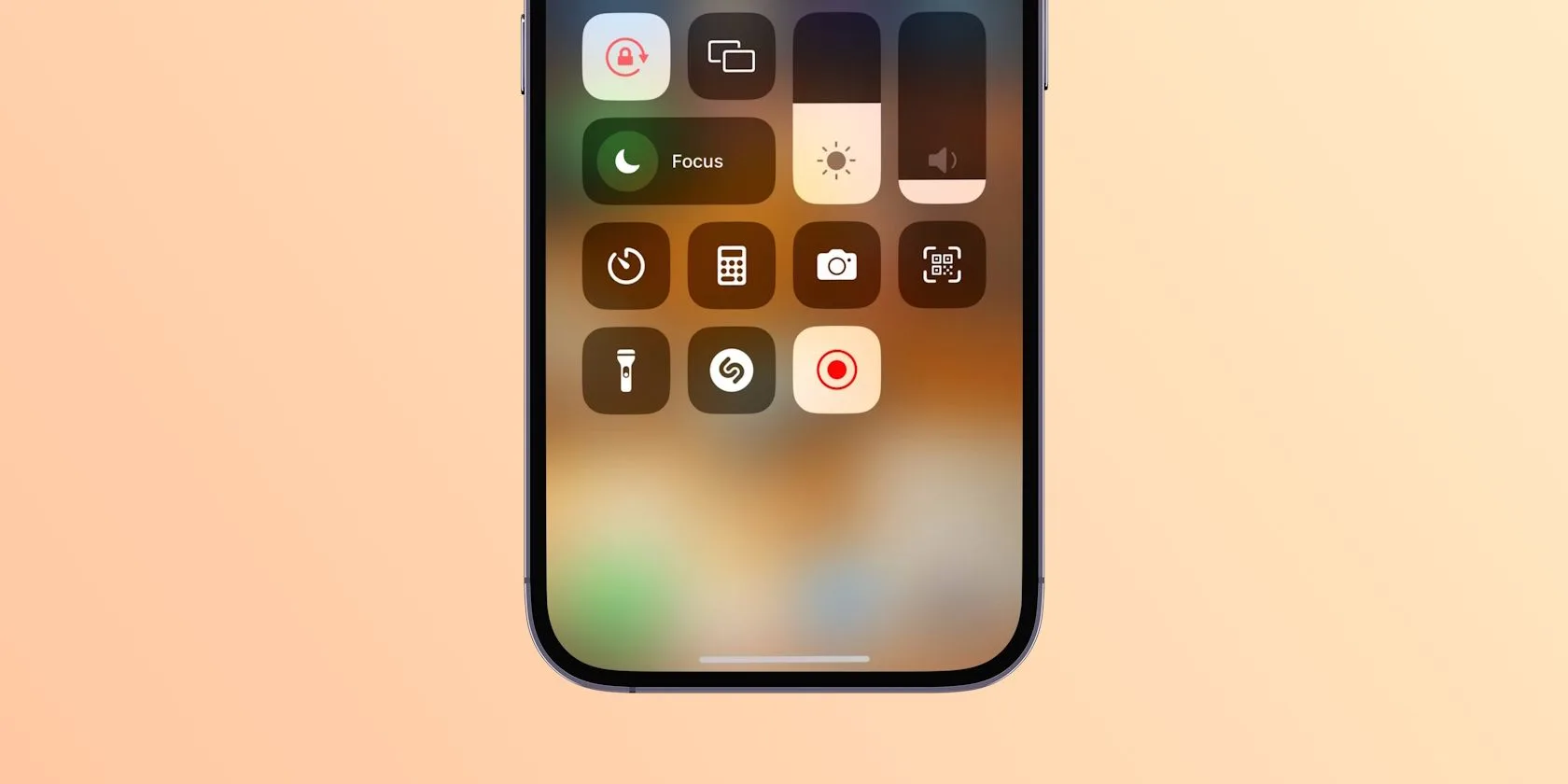Why Force-Quitting iPhone Apps Doesn’t Save Battery Life
Imagine you’re tidying up your house, turning off every appliance not in use, believing it’ll cut down on the electric bill. Now, transpose that belief to your iPhone, meticulously swiping away apps in the hopes of conserving battery life. It’s a ritual practiced by many, but what if this digital housekeeping is more of a myth than a method? Recent discussions and expert advice have shed light on the inefficacy of force-quitting iPhone apps, challenging a common practice among users.
Understanding iOS’s Efficient Management
At the heart of this misconception is the belief that apps running in the background continue to drain battery resources significantly. However, Apple’s design of iOS’s background app management tells a different story. The system is engineered to freeze background activities, minimizing power consumption without user intervention. Force-quitting apps, therefore, becomes an unnecessary step for battery preservation. As confirmed by Apple’s senior vice president of software engineering, this action does not extend battery life but rather, could lead to increased power usage when these apps are relaunched.
The Reddit Revelation
A discussion on Reddit brought this issue into sharper focus, with technology enthusiasts and iPhone users alike weighing in. The consensus? Manually closing apps not only fails to conserve battery but also makes the device work harder upon relaunching said apps. This revelation aligns with Apple’s guidance, which advises against the habit unless an app is unresponsive or malfunctioning. The conversation underscored a crucial point: iOS’s app management system is designed with optimization in mind, challenging the notion that manual intervention is necessary or beneficial.
Breaking the Habit
Despite Apple’s clear stance and the logical underpinnings of iOS’s app management, some users find it hard to break the force-quitting habit. For them, it’s less about the potential battery savings and more about a preference for a ‘clean’ multitasking view. This preference highlights a psychological aspect — the discomfort of leaving tasks unfinished, even in a digital context. However, recognizing the absence of technical benefits might encourage users to adjust their habits, trusting in the efficiency of their devices’ operating systems to manage resources effectively.
In a world where every percentage point of battery life seems crucial, it’s easy to cling to routines that feel productive, even when they’re not. The conversation around iPhone app management serves as a reminder of the importance of questioning and understanding our digital habits. As technology continues to evolve, so too must our practices, ensuring they’re rooted in fact rather than myth.



